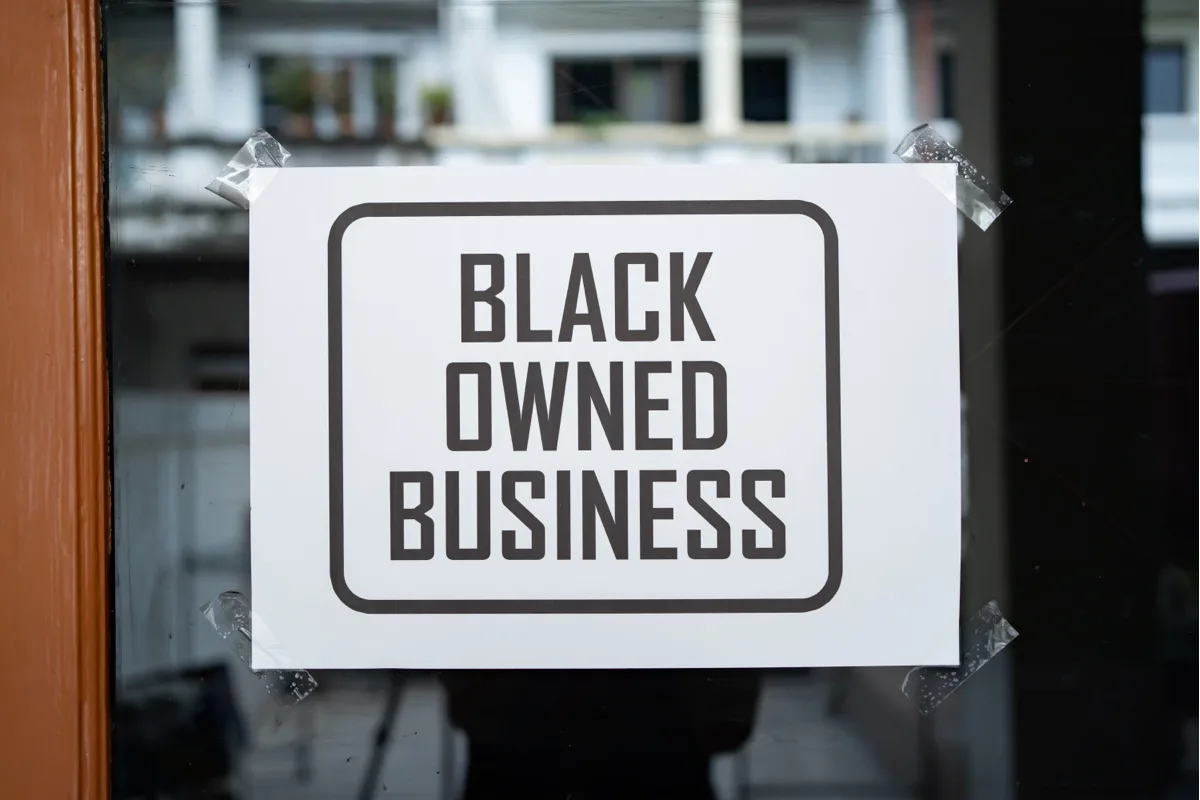
January 28, 2024
It is disappointing that a Detroit institution had to be reminded by its readers that Black businesses exist, but perhaps that is owed to the overwhelming whiteness of the Detroit metro area in general.
Phil Lewis, Black Twitter’s go-to source for news aggregation and a reporter for the Huffington Post, pushing back on the New York Times omission of Black businesses in Detroit in its report about Detroit businesses receiving a boost due to the Detroit Lions playoff run.
In a newsletter he publishes, What I’m Reading, Lewis reported that Chimika Harris, a manager at Cutter’s Bar & Grill, was interviewed by the NYT for their report only to have her comments ommited.
Detroit, which is affectionately referred to as the Blackest city in America, has a 77% Black population, so people noticed when its Black restaurant scene was ignored by the NYT in favor of white-run establishments.
Ken Coleman, a senior reporter at Detroit non-profit news outlet Michigan Advance as well as a historian of the city, posted on Facebook, “Detroit is 77% Black. 57% of the NFL is Black. Not one African-American-owned business mentioned in this New York Times piece. Wow!” Harris responded underneath Coleman’s post, writing, “I’m very disappointed to hear this The NYTimes did a interview with me for this on Friday.”
Lewis interviewed Dennis Archer Jr., owner of Central Kitchen + Bar, who expressed his disappointment with the narrative that overlooks Black Detroit’s contribution to the economic impact of the Lions playoff run. “Because the city is majority African-American, because of the history of how the city became that way, and because of the number of strong purveyors here, it’s unfortunate when we are not equally represented in the narrative because we are such a strong part of the foundation, the backbone, and story here,” Archer said.
Archer is referencing the Great Migration, a period from 1916 to 1970 when many Black individuals moved from the South to the North in search of better opportunities and to escape racial violence under Jim Crow laws. Emily Fisher, in a Detroitisit op-ed, highlights the allure of higher-paying jobs in Detroit at the time, like those at Ford Motor Company, offering $5 a week compared to the average $5 a month income for Black Americans. Herb Boyd’s book “Black Detroit” notes the significant population increase in cities like New York and Detroit during this period, with the Motor City experiencing a remarkable 611% surge and becoming a symbol of economic promise and opportunity for African Americans.
Black individuals who fled the Jim Crow South encountered a different but still discriminatory environment upon arrival in northern cities. Instances like the 1967 Race Riots in Detroit highlighted the harsh realities faced by Black communities. In 2021, Detroit was named the most segregated city in the country, in large part due to the disproportionate distribution of white people in the Detroit metro area. In that area, despite Detroit’s overall population being 78% Black, only 23% of the population in the Detroit metro area was Black. The metro area remains disproportionately white. And it seems that this is where the NYT focused its story, thus excluding Black-owned businesses in other parts of the city.
Kenny Valentino, who owns District Seventy8, a restaurant/lounge establishment, said of the NYT exclusion, “With all the revitalization in Detroit, the small, minority, Black-owned businesses are always left out. It does not surprise me.”
The Detroit Free Press, after also being criticized for only including one Black establishment in its initial report on Detroit businesses receiving a boon from the Lions playoff run, ran a piece emphasizing the impact on Black Detroit businesses. At the behest of Starex Smith, who runs The Hungry Black Man, a platform dedicated to reviews of Black-owned establishments, the Free Press sent a reporter out on a bar crawl of several Black-owned restaurants.
RELATED CONTENT: Detroit Passes Miami As The Fastest-Appreciating U.S. Housing Market


